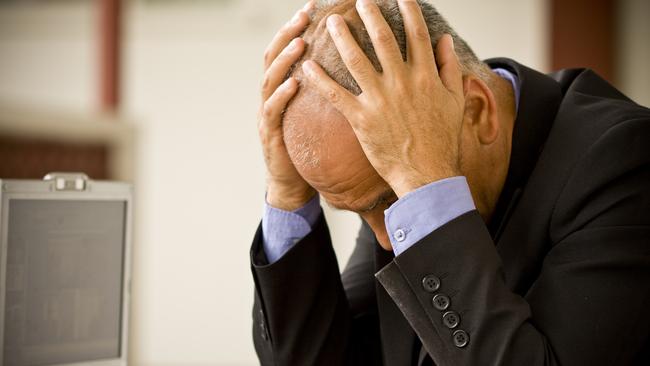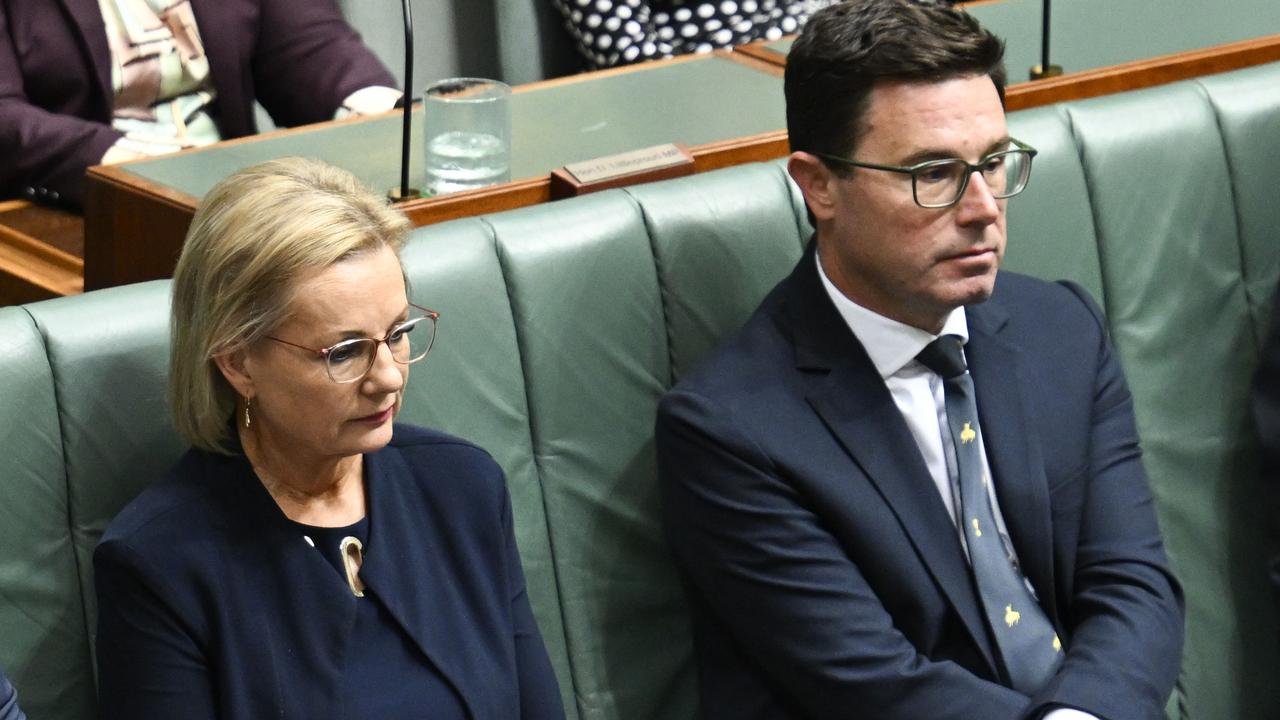Aussies warned not to send money to prevent their private photos shared online
‘Too many Australians are sending money to stop their private photos from being shared, but it only makes the problem worse,’ writes Kathy Sundstrom.

Opinion
Don't miss out on the headlines from Opinion. Followed categories will be added to My News.
His voice was shaky and nervous and he was almost whispering as he tried to explain why he was calling IDCARE for help.
He had met someone on a dating site and they’d exchanged pictures.
Then she had encouraged him to share a photo he thought would be for her eyes only.
A middle-aged mum’s guide to cyber safety
Why Facebook is so hard to contact when there is a problem
Scam alert: Rewards cards can be a ‘phishing’ trap
Not long after he sent her a photograph of himself, stark naked, and the friendly, intimate exchange altered.
She began threatening to share his private photograph on social media and send it to his friends and family, unless he sent her money.
This man was older.
And while his wife was no longer around, he had children and grandchildren and longstanding friends that he didn’t want to have seeing him in his birthday suit!
So he sent her some money, hoping that would keep her quiet and the problem would go away.
All this did was cause the threats to escalate.
Blocking her emails and phone numbers didn’t help either.
Other women linked to her would then call and add to the threat.
"They said they would put it on the front page of the newspaper," he said.
They even made a mock front page of a newspaper article with his photograph front and centre under the headline "rapist".
He went to the police, but they simply informed him the newspaper image was fake and he shouldn’t worry.
He was distraught as how could he be sure?
Unfortunately, he is far from alone. IDCARE receives numerous calls a week from someone like this older man who have become victims of sextortion.
Sometimes it is a photograph the person shared as part of a "relationship", at other times the scammer claims they have hacked a person’s computer and have video footage of the person "pleasing themselves" while watching a porn video.
This footage does not exist, but the person doesn’t know this and the thought of someone sharing footage of what they do in the space of their own home is so humiliating, they’d rather pay up.
Paying up doesn’t solve the problem. It generally makes it worse.
Our Tips:
Don’t panic and don’t let the scammer know you care.
Sending photographs between consenting adults is not illegal.
But threatening to send them to further recipients, especially if payment is not made, is sextortion, and that is a crime.
Don’t engage, not even to tell the scammer you are contacting the police.
Collect evidence: Keep a record of all contact you’ve had from them in the past, including any threats they’ve made.
If they have used your image online you can report image-based abuse to the Office of the eSafety Commissioner.
Kathy Sundstrom is a former Sunshine Coast Daily journalist who now works at identity and cyber support service IDCARE.
Originally published as Aussies warned not to send money to prevent their private photos shared online


